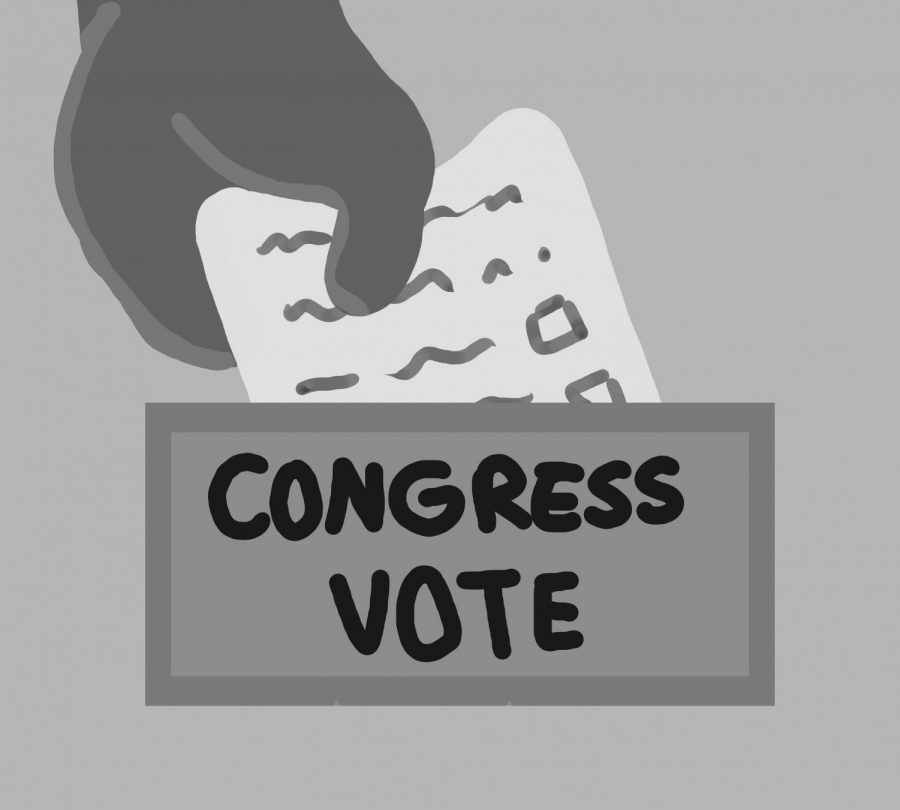Turn off the presidential election
February 27, 2020
The ups and downs of the Democratic Primary often seem distant, undemocratic and frustrating if you’re paying attention right now. Arguments over the nuances of healthcare policy during a campaign are unproductive at best. Presidential campaign spending is reaching obscene numbers, even with nine months remaining in the race. Fundraising budgets, particularly the $409 billion spent on the Bloomberg campaign, make the $20 or few hours that a politically active person is willing to give to a campaign seem insignificant.
If you are considering getting involved in politics — even if that just means reading and educating yourself on the 2020 races — turn to local and state elections happening this year and look away from the presidential race. Turn off the Presidential election if you care about the Democratic Party. Here are the Senate races you should focus on instead:
Alabama, Colorado and Maine, in particular, will be contested Senate elections in November; your political efforts towards these races could affect change in the Senate and create a Democratic majority.
In Maine, Republican incumbent Susan Collins has pretended to be moderate while voting whichever way Republican Senate leader Mitch McConnell wants the vote to go, nearly without fail. Several of these votes have been high profile, like approving Judge Kavanaugh and voting to acquit the president. As she has become more conservative, Maine has become more liberal, but still remains a swing state. This means that she could be removed from office more easily now than ever before. The Democratic State speaker of the house, Sara Gideon, is challenging her.
In a recent poll, Gideon was one point ahead of Collins. Until November, the election is a toss-up and your calling, dollars or advocacy will make a difference.
In Colorado, former Governor John Hickenlooper (who you may recognize from his failed presidential campaign) is running against the Republican incumbent senator along with eleven other candidates. Similarly to Susan Collins in Maine, the Republican incumbent has become a close ally to the Trump administration, much to the dismay of many Republican voters in Colorado. This leaves room for a moderate democratic candidate to take Colorado.
In Alabama, former Republican U.S. Attorney General Jeff Sessions is running for his old Senate seat, so keeping the Democratic incumbent Doug Jones in the Senate will be no easy task. In the 2018 elections, the Alabama gubernatorial candidate Stacy Abrams received national backing and lost by a narrow margin. Abram’s campaign proved that it is possible for Georgia to turn Democratic and that efforts to advocate for Democratic candidates and to register voters could swing the election.
The Republicans have a three-seat majority in the Senate right now and each of these elections will matter. State elections hinge on volunteers and reaching individuals, while presidential elections often hinge on high profile endorsements and large donors. If you live in a state with an important gubernatorial, city or congressional election, focus your energy on that rather than the presidential election. Changing congressional and state politics and advocating for the causes you care about will be more worth your while.







Hill Donnell • Mar 2, 2020 at 10:09 am
Thanks for this important article! Quick correction: Stacey Abrams was a state rep who ran for governor in Georgia, not in Alabama. Though it will be important to rally support behind Doug Jones this November!
H